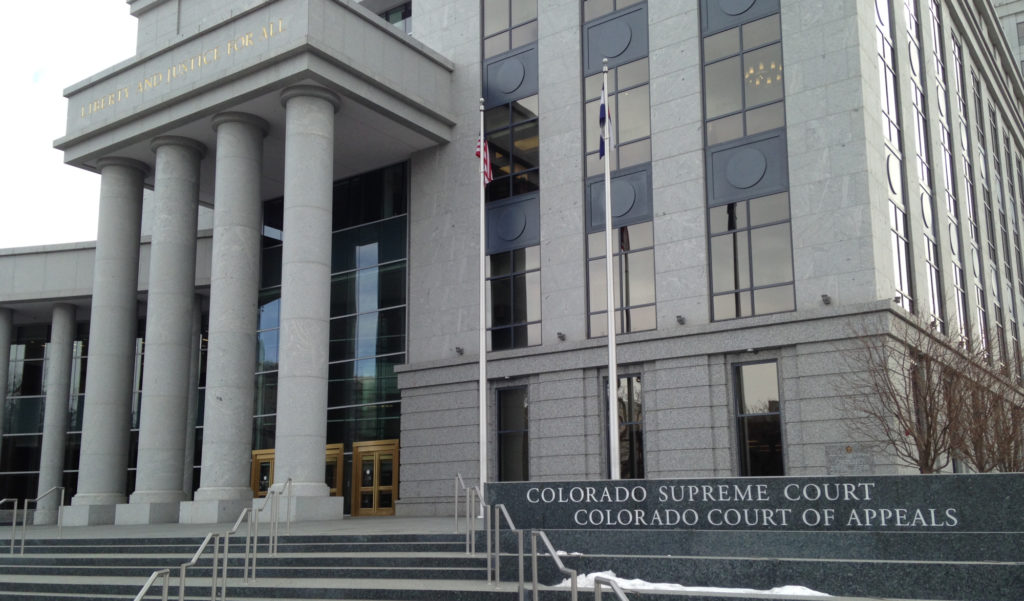By Jeffrey A. Roberts
CFOIC Executive Director
A public entity with a contractual right to access documents from a private third party, such as a developer, must disclose those records to a requester if they are used for a public purpose, a three-judge panel of the Colorado Court of Appeals held Thursday.
The appellate judges reversed a 2020 El Paso County District Court ruling against Tim Leonard, a former state representative whose Deepwater Point Co. sought construction contracts and payment records about public improvements from the Interquest North Business Improvement District in Colorado Springs.
The district court judge ruled that Leonard wasn’t entitled to any records kept by developers or other private contractors associated with the public improvement projects.

But the Court of Appeals, in a published opinion written by Judge Michael Berger, determined the documents are “public records” under the Colorado Open Records Act (CORA) because they are used for a public purpose and the business improvement district has a contractual right to access them.
“When, as here, the requested documents are so intimately related to public funds, CORA’s purpose is at its zenith,” Berger wrote. Noting that Interquest North Business Improvement District has reimbursed the developer about $15 million, he added: “The construction contracts and payment records obviously shed light on both the propriety and reasonableness of those payments.”
CORA’s definition of public records includes all “writings” made, maintained or kept by the state or any agency, institution or political subdivision “for use in the exercise of functions required or authorized by law or administrative rule or involving the receipt or expenditure of public funds.”
The records requested by Leonard and his company “clearly involve ‘the receipt or expenditure of public funds,’” the opinion says. They are considered “kept” by the business improvement district because the district contractually gave the developer “care, custody or control of the documents,” the panel of judges concluded, citing a 2011 Colorado Supreme Court ruling. The judges also noted “a close relationship” between developer Nor’wood Development Group and its related entity InterQuest Marketplace LLC, with many officers and directors of the developer holding positions of authority with the district.
“The critical question is whether the District has the right to access these documents, not whether the District, in any particular matter, acted on its authority. It makes no difference that the District has apparently not exercised its right to access these documents,” the appellate panel added.
Leonard, in a statement emailed to the Colorado Freedom of Information Coalition, said the ruling means that “construction contracts, plans, change orders, and invoices cannot be hidden by developer-controlled special district boards from the taxpayers who want to see how their money is being spent.”
“This decision should put an end to the practice of using third parties to suppress public expenditure documents from public view,” added Ian Speir, Leonard’s attorney.
Thursday’s ruling wasn’t the first from the Colorado Court of Appeals favoring public access to records that aren’t directly in the possession of a public entity. The appellate court held in 1994 that records maintained by a Coors Field contractor hired by the Denver Metropolitan Major League Baseball Stadium District were public records subject to CORA.
Follow the Colorado Freedom of Information Coalition on Twitter @CoFOIC. Like CFOIC’s Facebook page. Do you appreciate the information and resources provided by CFOIC? Please consider making a tax-deductible donation.




